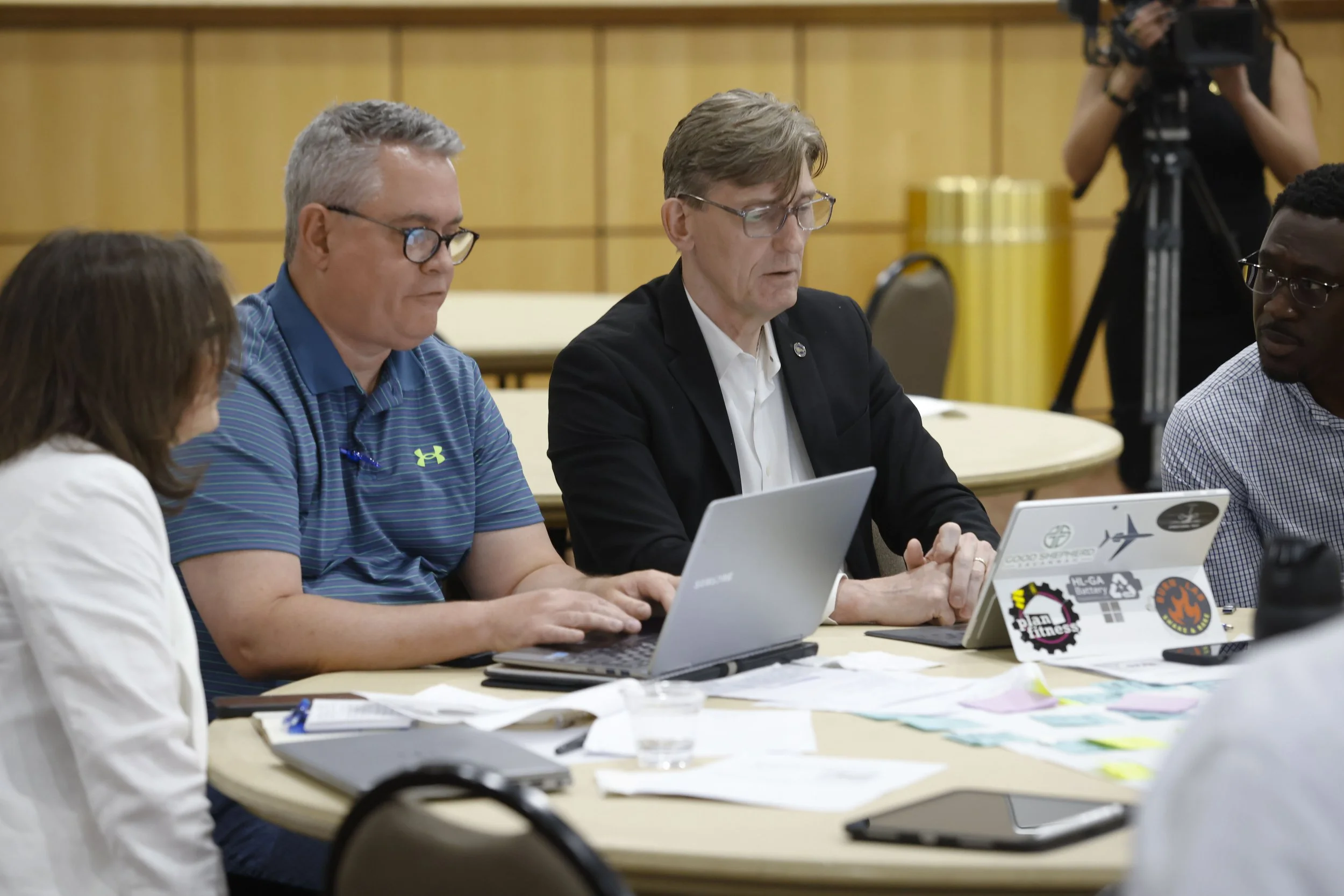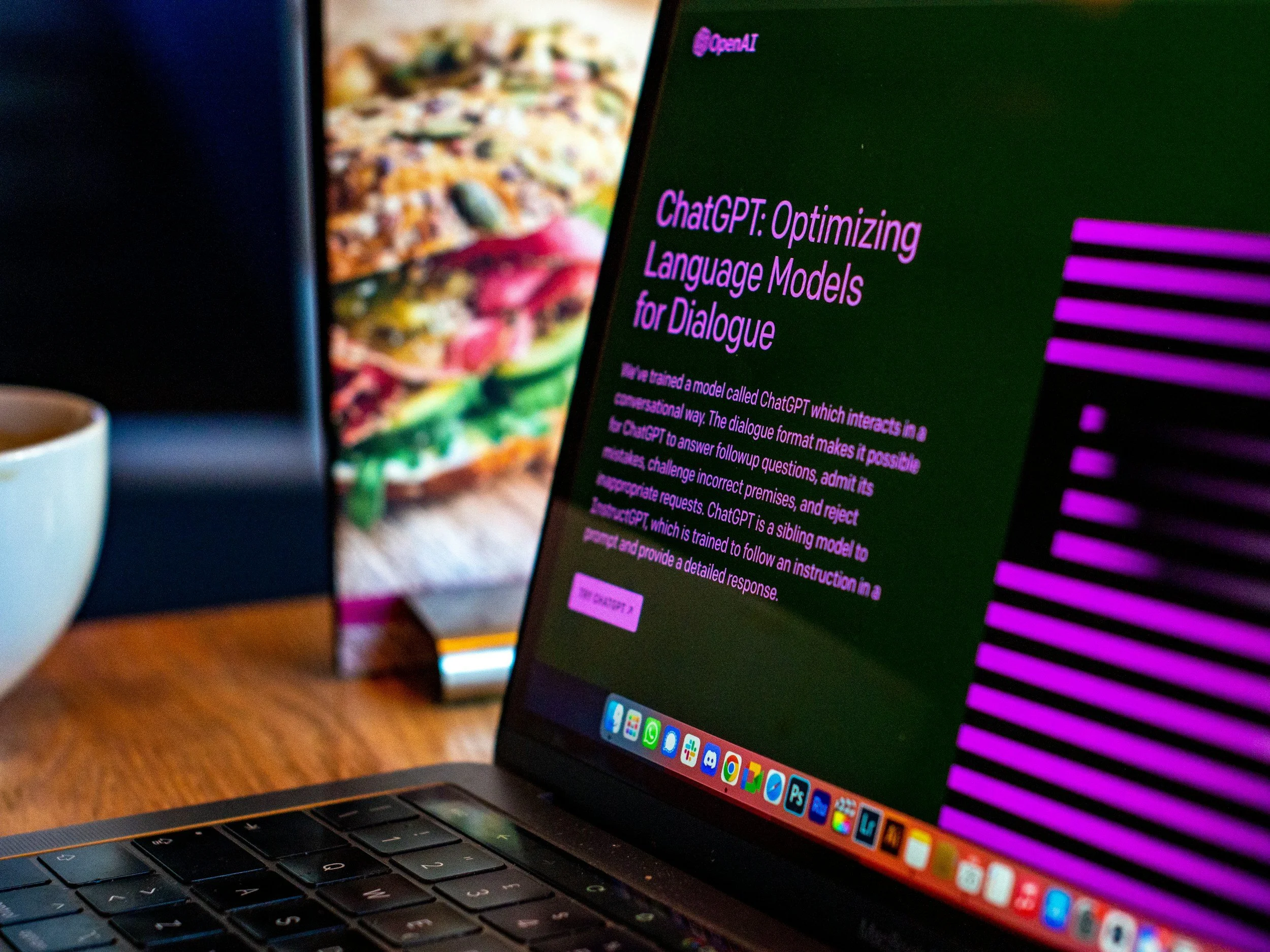
Enterprise AI Solutions
+
Creative Problem Solving
Ycenter’s award winning Human-centered Innovation program in partnership with the
Intersecting with AI curriculum at the Rotman School of Management at University of Toronto
About Bo Pelech, Executive-in-Residence and Adjunct Professor at Rotman School, University of Toronto
He teaches and mentors MBA students in experiential courses, including Growth Project Consulting and Sustainability, and supports MBA students seeking paid internships.
Bo is a retired investment banker and former consultant, who is passionate about teaching and mentoring students throughout projects. He has worked as a lecturer, coach and facilitator with Mayor Wilson and currently sits on the Advisory Board of Touchpoint Strategies. He was previously appointed as an Entrepreneur-in-Residence at Humber College.
Our Motto
you give us your problems, we will build you scalable AI prototypes.
3 TRACKS
1 MISSION = MAKE AN IMPACTFUL SOLUTION
PropTech
(Real estate/Construction)
We help resolve recurring errors, bottlenecks, manual rework/work-arounds, unstructured data, siloed data, inefficiencies, gaps in ERP systems and opportunities for automation - or anything else that slows down operations or decision-making. Our interdisciplinary teams then co-develop working prototypes using tools like GPT-powered agents, workflow copilots, RAG systems, or edge-based processing, to build tailored, testable solutions.
Social Enteprise
(NGOs, non-profit organizations)
What if the workflows that sustain your mission could also become the foundation for a self-sustaining social enterprise? What if AI-enabled infrastructure allowed nonprofits not just to automate operations — but to codify and commercialize their knowledge, programs, and community insight into replicable, revenue-generating models?
SME Acceleration
(Manufacturers)
Manufacturing SMEs trail larger peers by 10–15% in efficiency, especially in functions like order entry, quality checks, and reporting. We hypothesize that AI workflows, when applied even to just 20% of these tasks, can yield a 3–4% overall productivity lift. For a $10 million SME, that’s hundreds of thousands in annual value — with no added headcount.
Experiential Learning + Industry focused Practice
in partnership with the Intersecting with AI curriculum
at the Rotman School of Management at University of Toronto
Partnership Model in action
Phase I
Duration - 2 days
(Zoom or in-person)
Ycenter will work with your cross-functional teams and facilitate a leadership ideation session.
We will use human-centered design thinking framework, to help you break COMPLEX BUSINESS PROBLEMS.
Phase II
Duration - 2 - 10 weeks, depending on project prototyping complexity
(Zoom)
Students from Intersecting with AI at Rotman School at University of Toronto will use these problem statements for further research and refinement and using AI tools they will build a tech MVP that directly address the problem statements from Phase I for our partner organization.







